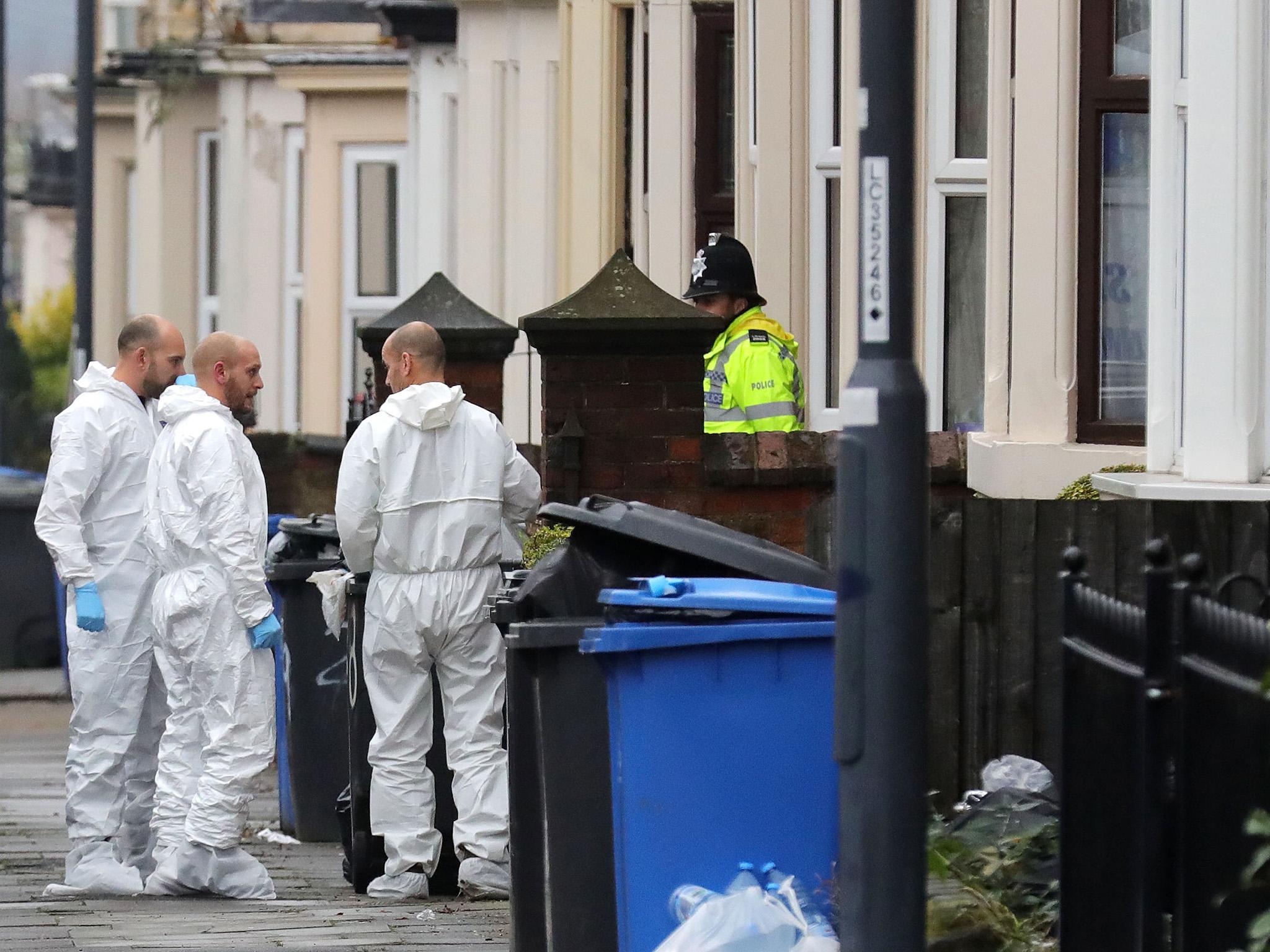Suspected Isis terror cell 'planned to bomb Christmas crowds at UK shopping centres'
Security sources say arrests in the Midlands were related to a 'significant plot' targeting crowded shopping centres in the run-up to Christmas

A series of attempts to carry out lethal attacks on Christmas markets and shopping centres across Europe, including Britain, were foiled before the Berlin murders. The security operations, according to senior sources, were carried out in direct response to information about terrorist threats linked to Isis.
In Britain, counter-terrorism officers stated that a “significant plot” inspired by Isis had been halted. The alleged targets, say security sources, were one or more shopping centres crowded in the run-up to Christmas. Four men in Derby, another one at Burton-on-Trent in Staffordshire and a woman in London, aged between 22 and 36, were arrested ten days ago in connection with the alleged plot, with the recovery of material which could be used for making bombs. On Thursday, two of the men, aged 22 and 27 and from the Derby area were released without charge. The other four people remain in custody.
The strong possibility of terrorist acts during the Christmas period has been mentioned publicly by government bodies and repeatedly in exchange of intelligence between allied security agencies. Isis has also been publicly exhorting its followers to carry out attacks.
The failure of the German authorities to prevent the murders of 12 people, despite these repeated warnings, will raise further questions about their conduct, already being severely criticised, over what has unfolded.
Five men, aged 26 to 37, were arrested last month in Marseilles and Strasbourg five days before the opening of a Christmas market, annually attracting two million visitors, in Strasbourg.
French authorities said the suspects, of North African background, were planning an “imminent” attack under the direction of an Isis commander based in Syria who sent his orders via encrypted mobile apps. Police found pistols and a sub-machine gun in their raids. French Interior Minister Bernard Cazeneuve disclosed that an investigation had been launched following a tip-off by a “partner country”, refusing to specify which one it was.
Ten young men, most of them in their teens, were arrested in Belgium last week allegedly for plotting to attack a Christmas carnival. Eric Van Der Sjipt, a spokesman at the office of prosecution, claimed the suspects had received instructions online on making an explosive device as well as various methods which can be used to kill.
Germany had already experienced a recent attack, albeit a failed one, before Berlin. A 12 year old boy, of Iraqi origin, was arrested earlier this month in Ludwigshafen after attempting to detonate a nail bomb in the town’s Christmas market.
Last month the US State Department warned American citizens travelling to Europe of possible terror attacks. It said “credible information indicates that the Islamic State (Isis) al-Qaeda and their affiliates continue to plan terror attacks in Europe with a focus on upcoming holiday season and associated events”.
Isis leaders have called for attacks to be carried out at crowded places such as markets and shopping centre. Last month the group’s magazine, Rumiyah, even suggested the use of a vehicle to carry out atrocities, specifying the Bastille Day massacre in Nice, in the summer, in which a truck was used to take 86 lives, as an ideal template to cause maximum damage “behind enemy lines”.
With a photograph of a Hertz rental truck and the annual Thanksgiving Day parade in New York on the front cover, the magazine pointed out that “though being an essential part of modern life, very few actually comprehend the destructive capability of the motor vehicle and its capacity of reaping large numbers of casualties if used in a premeditated manner”.
